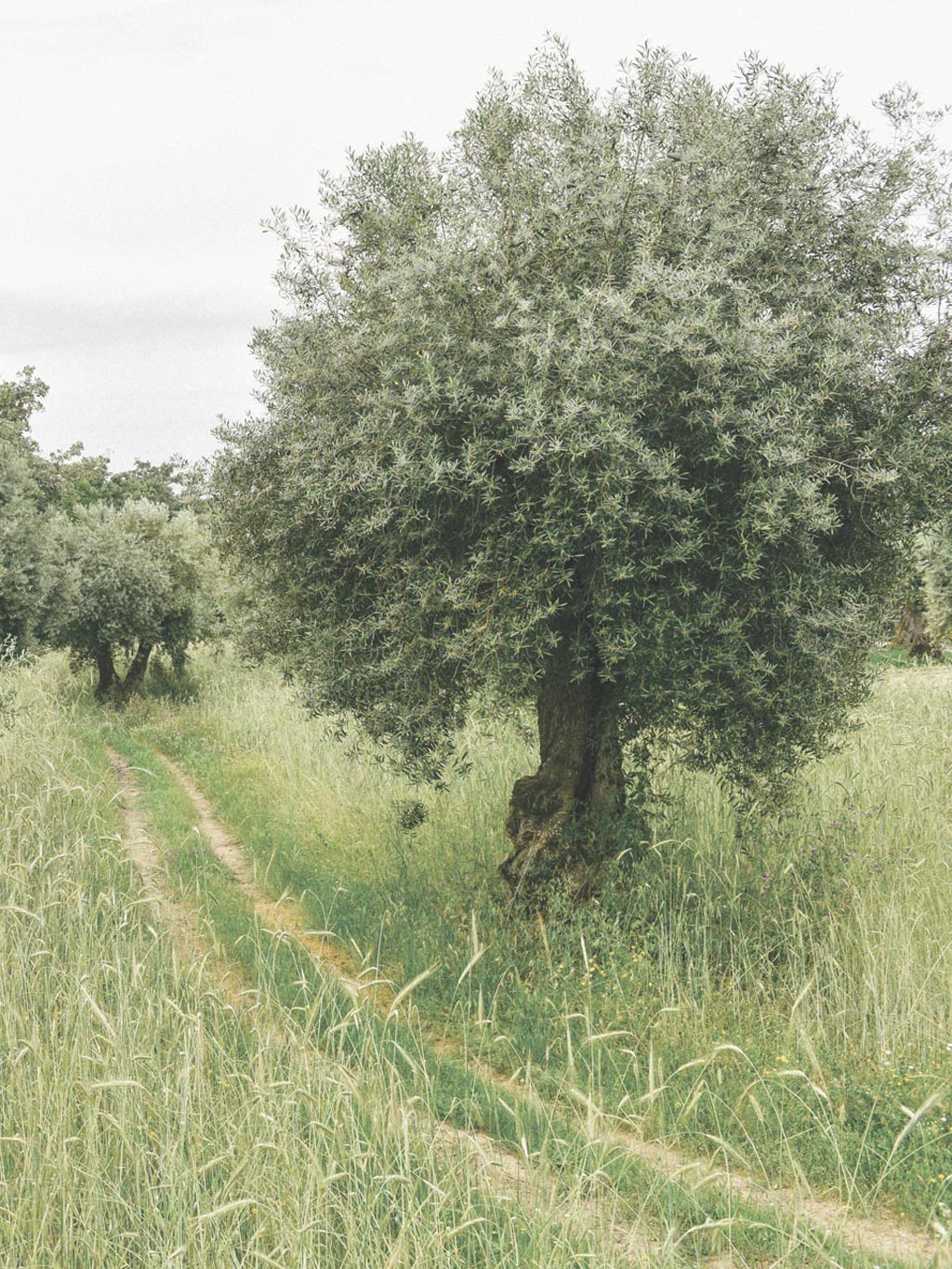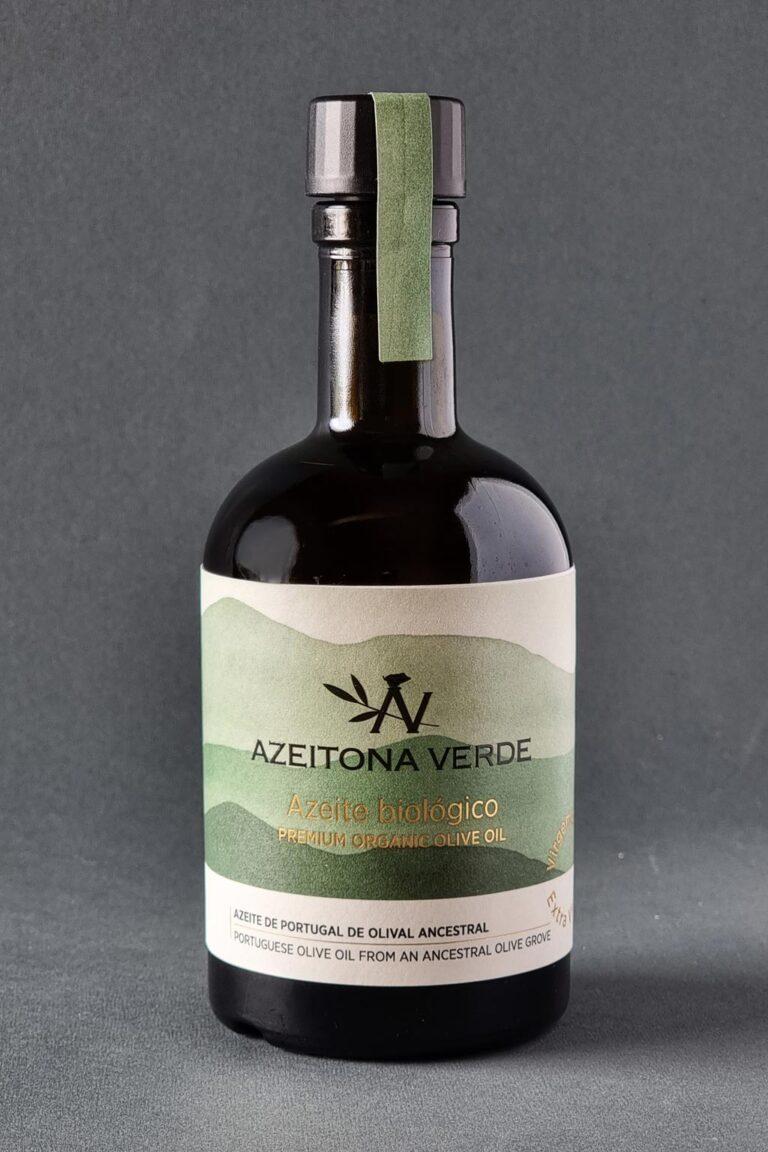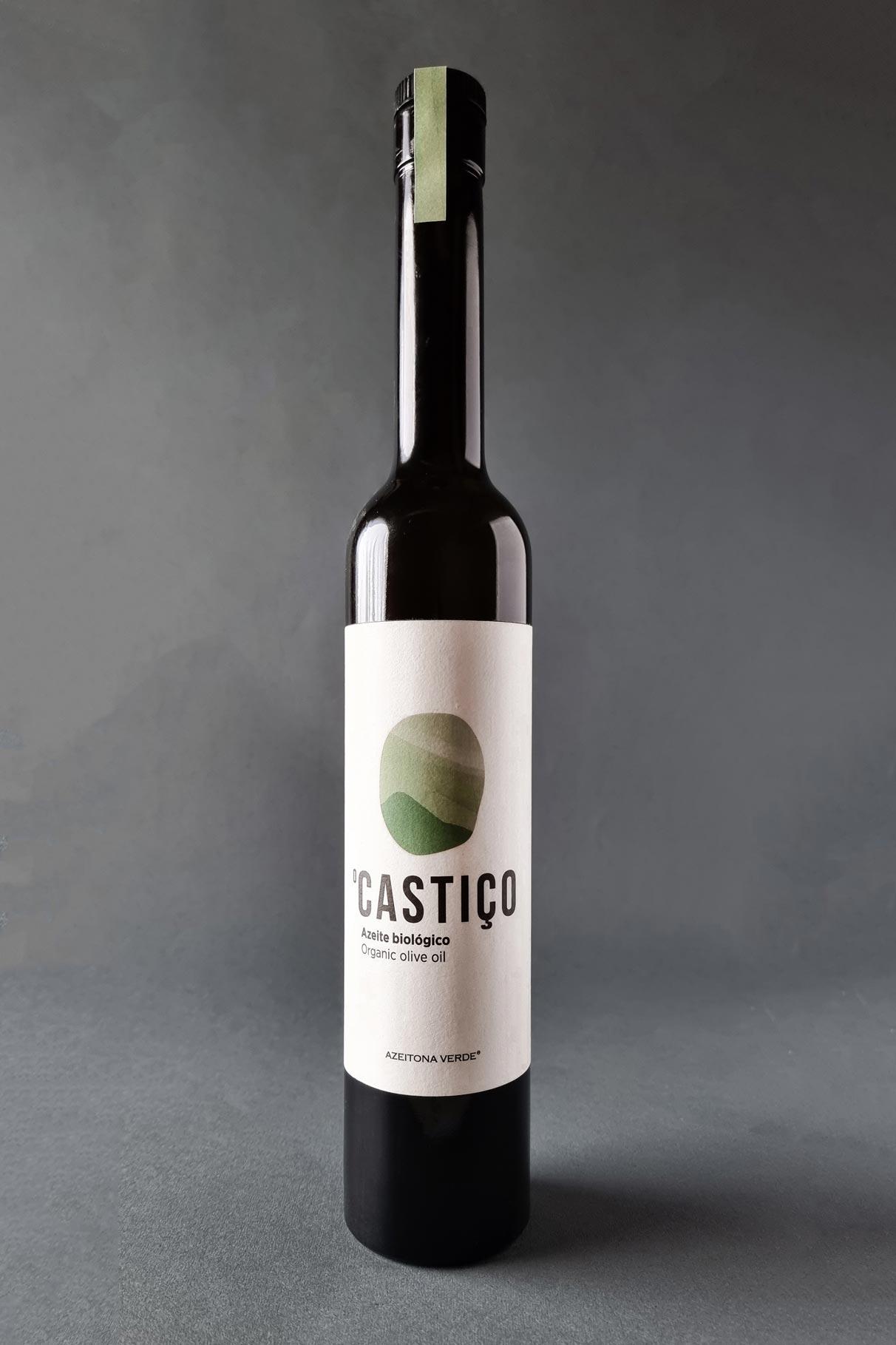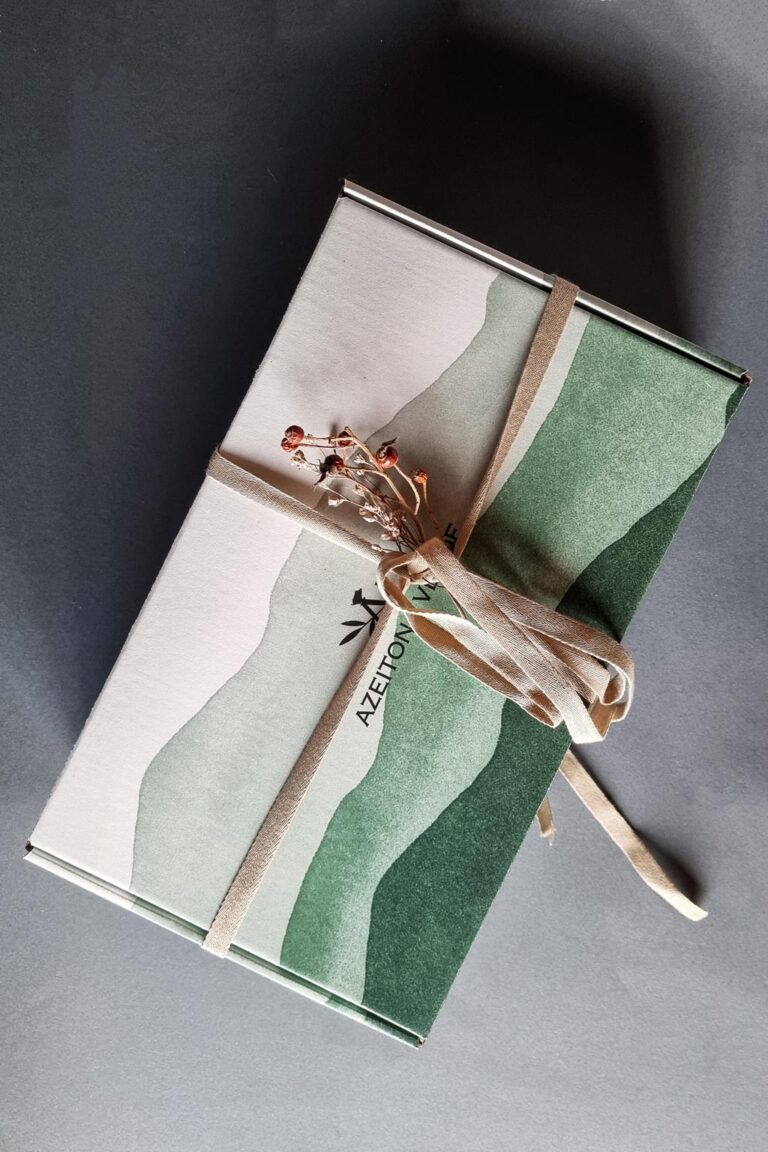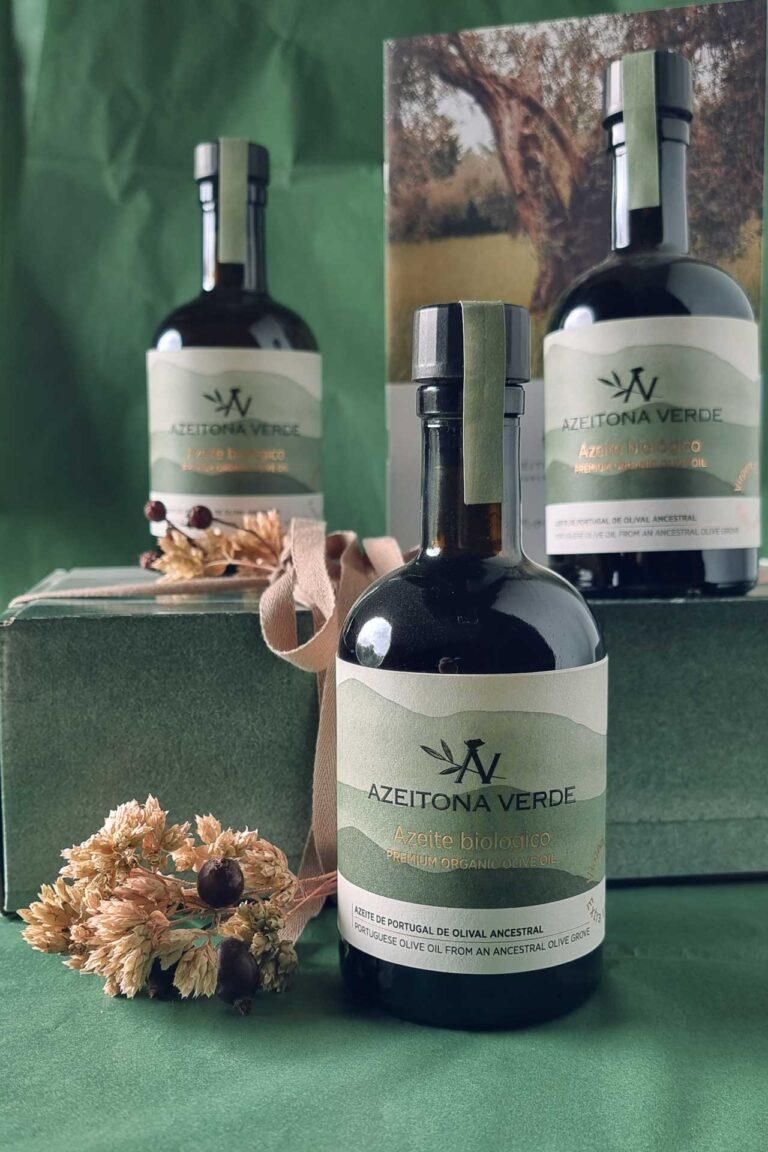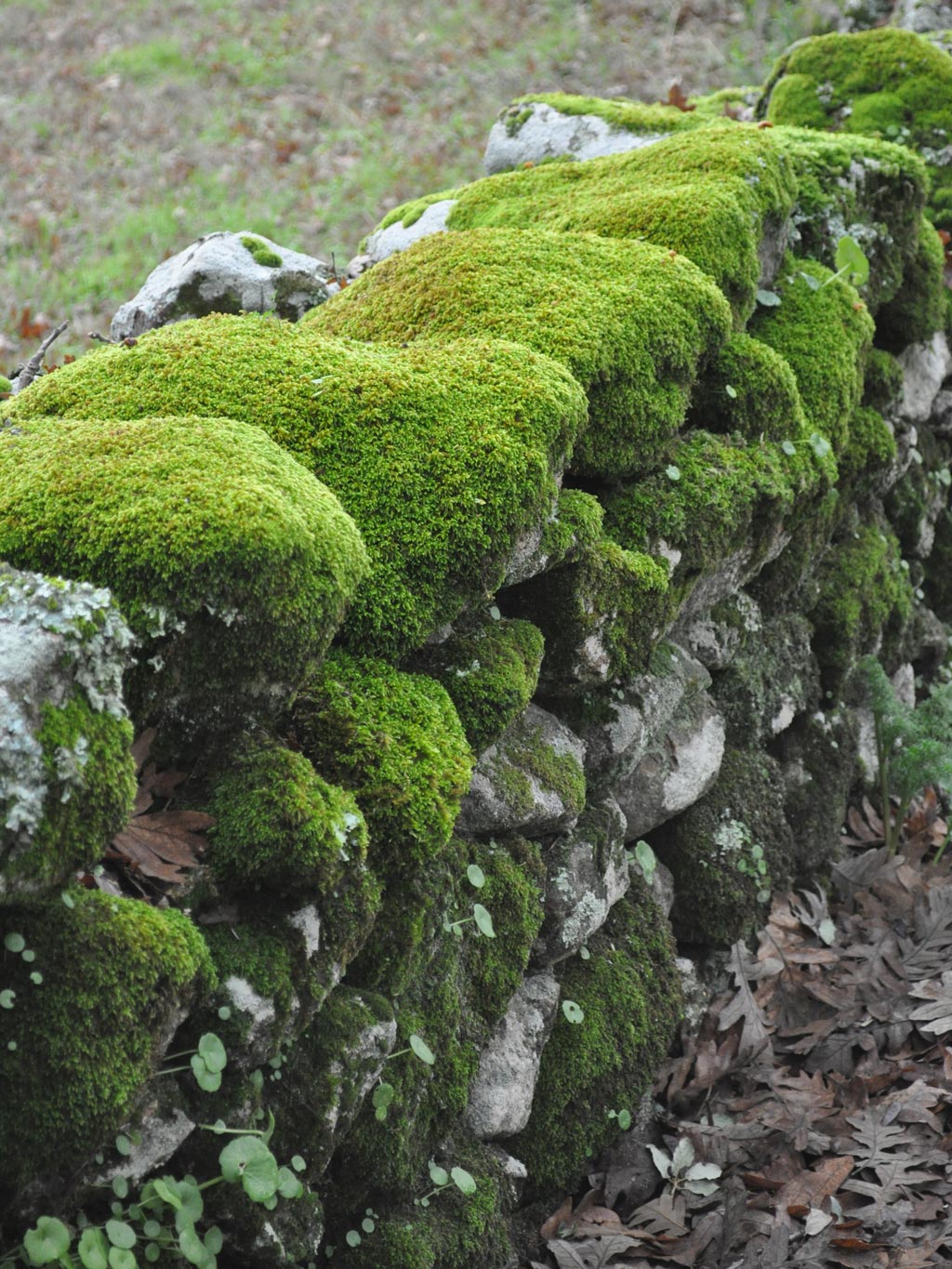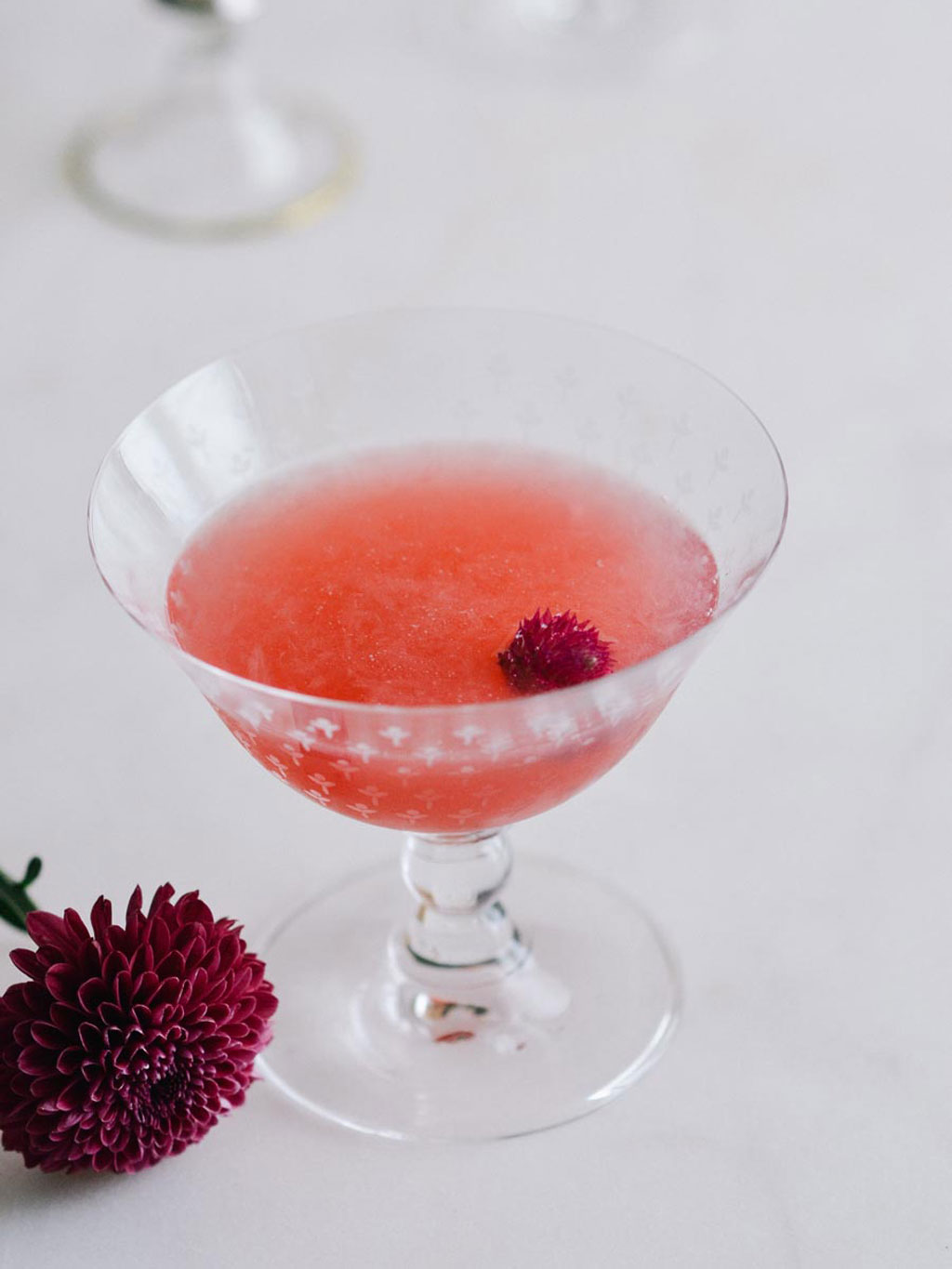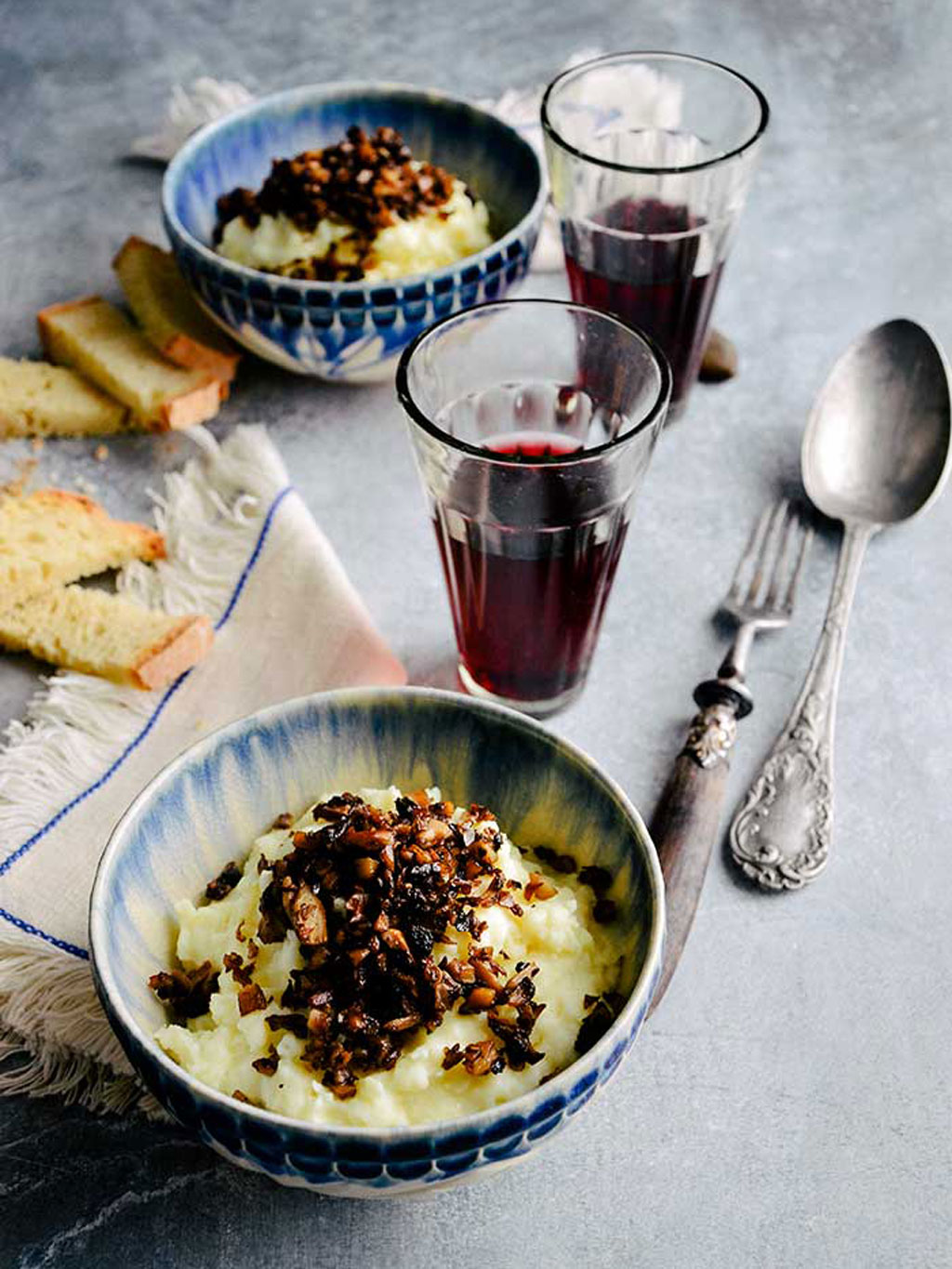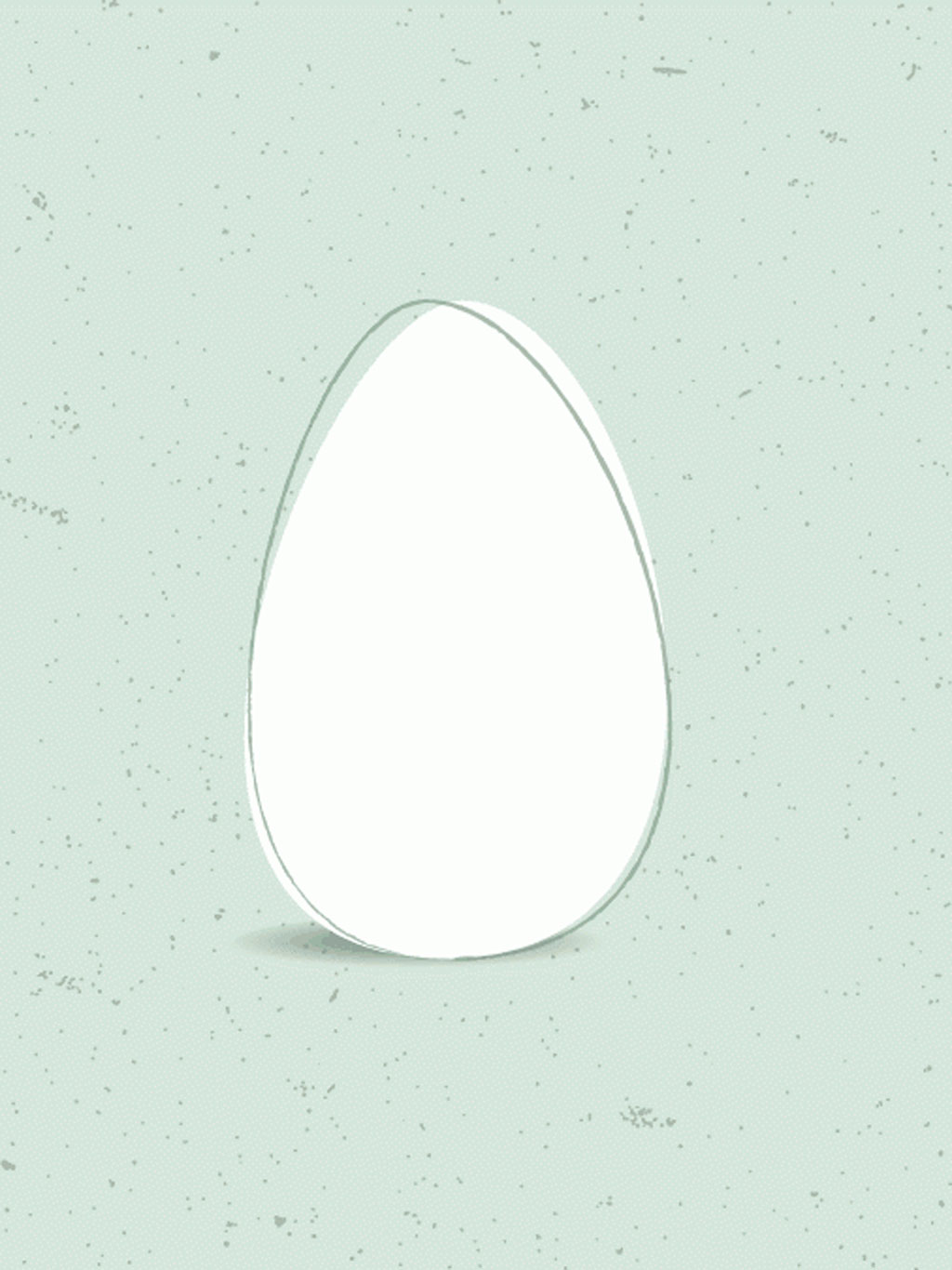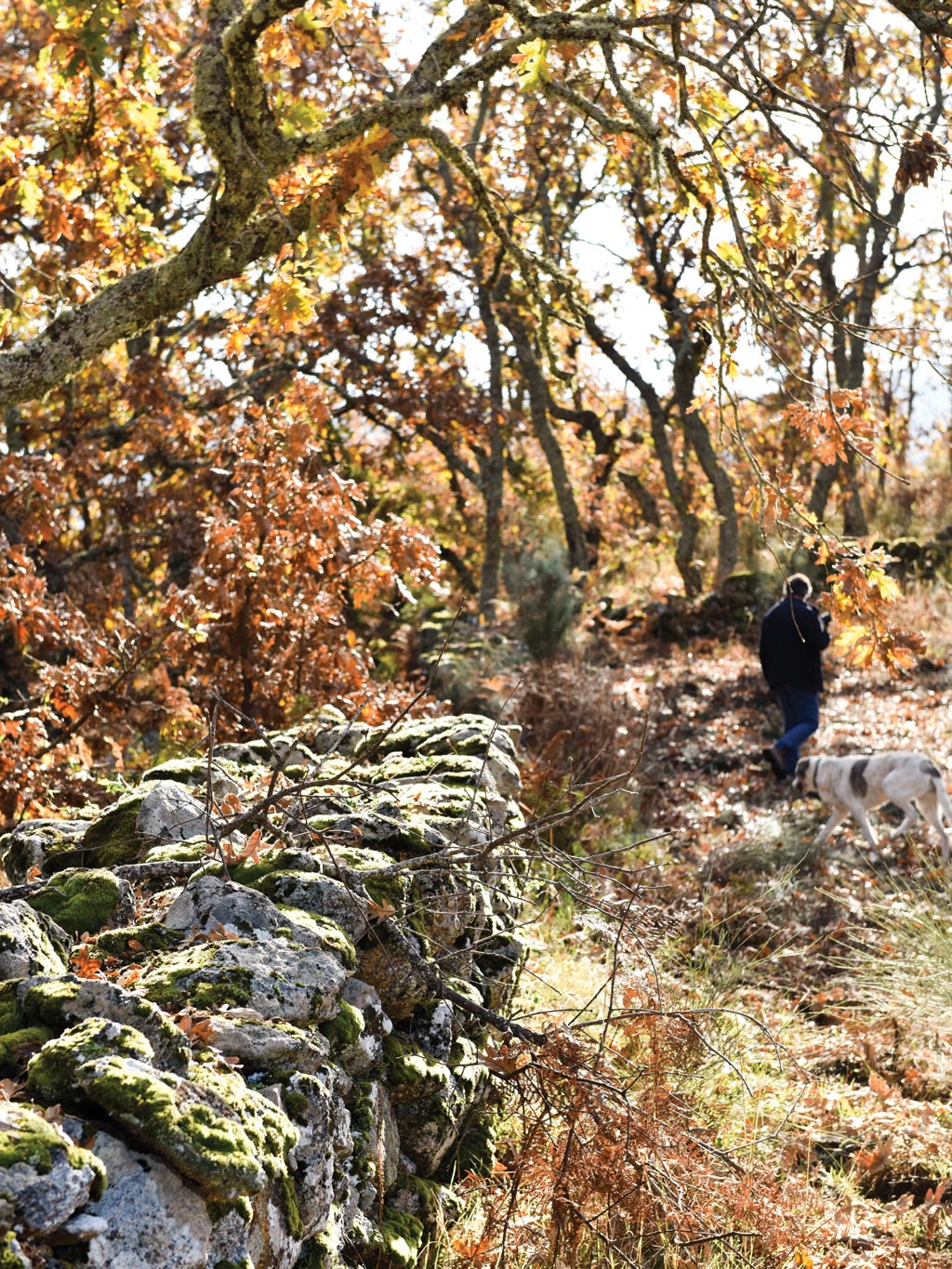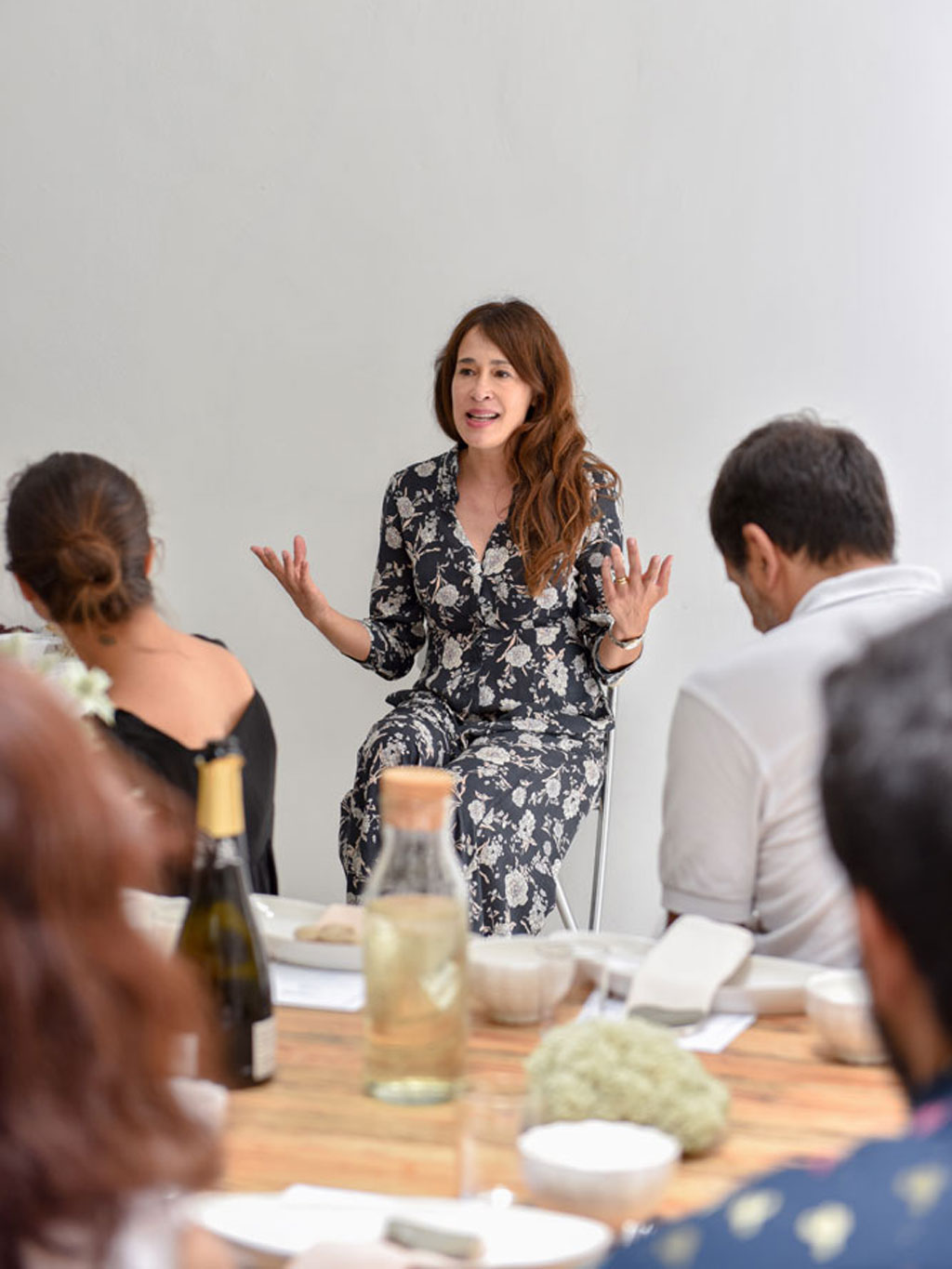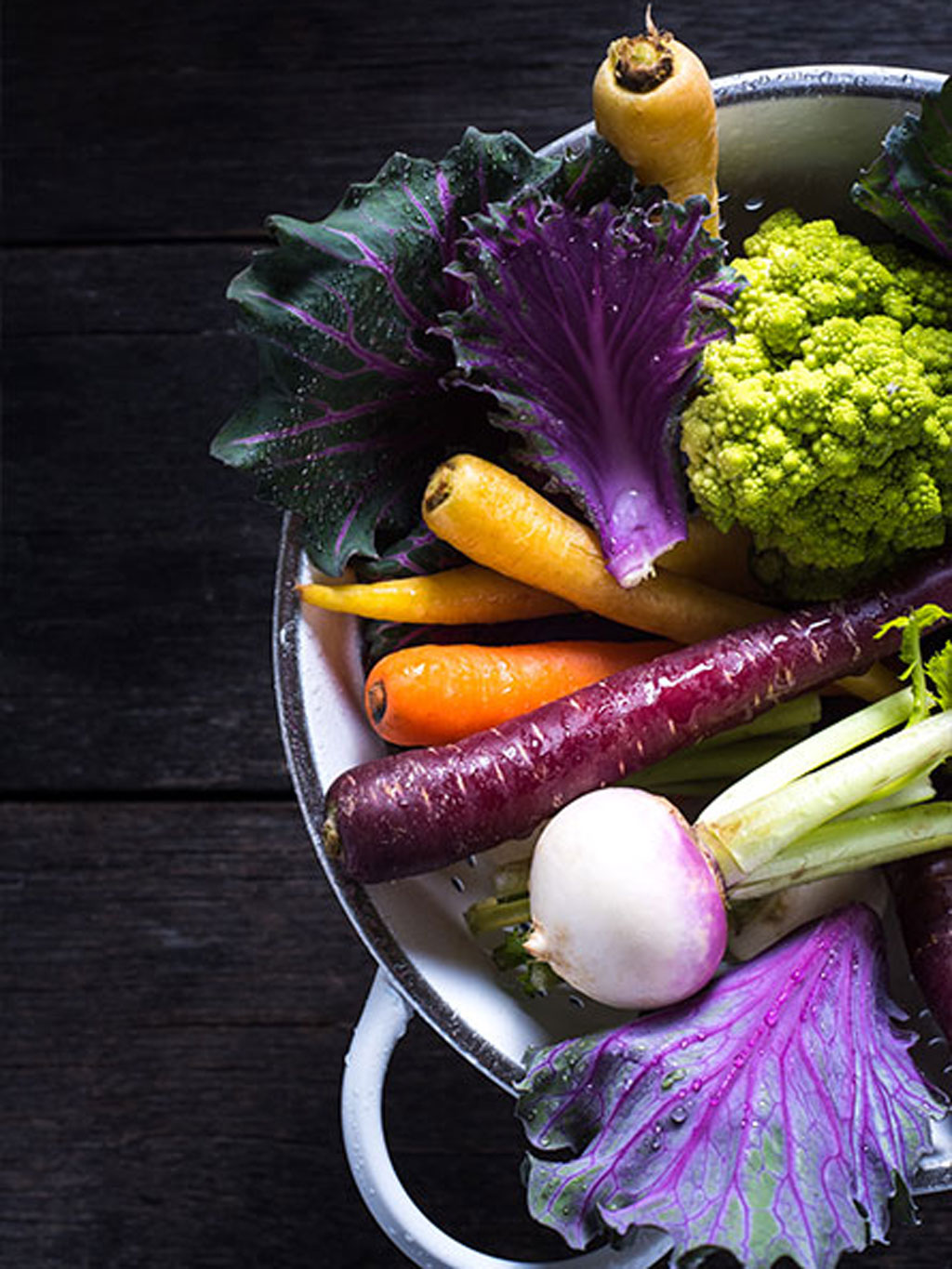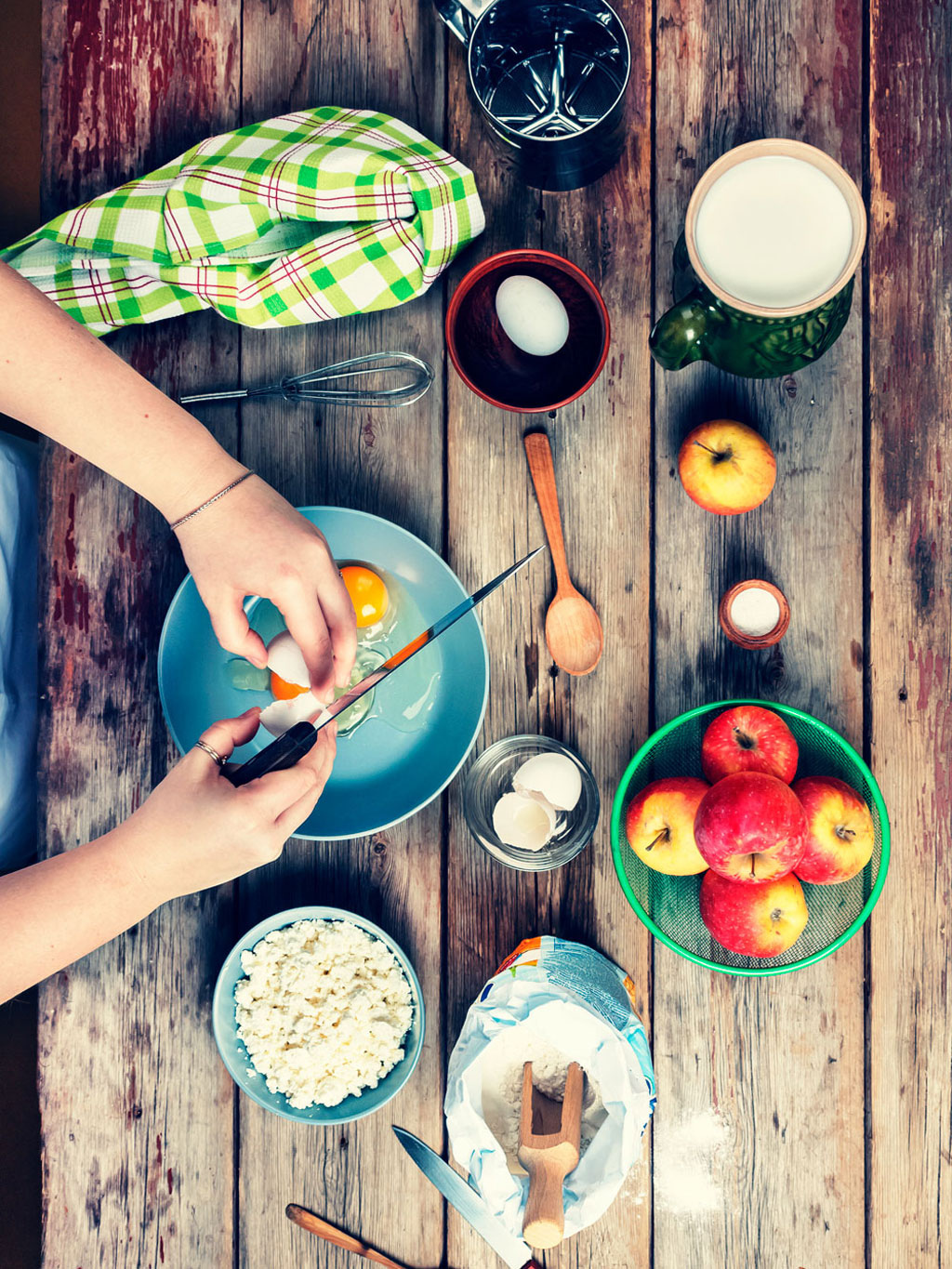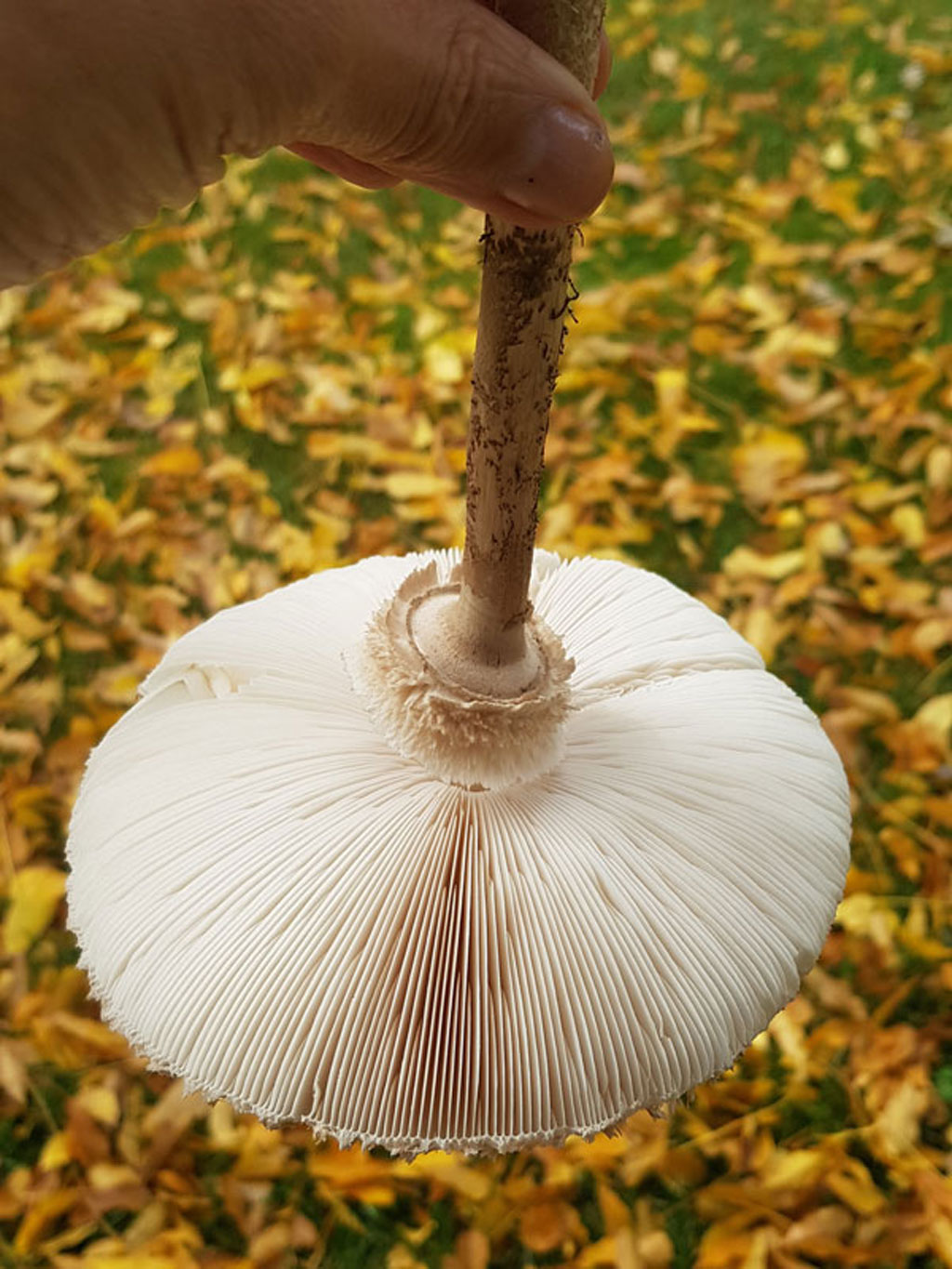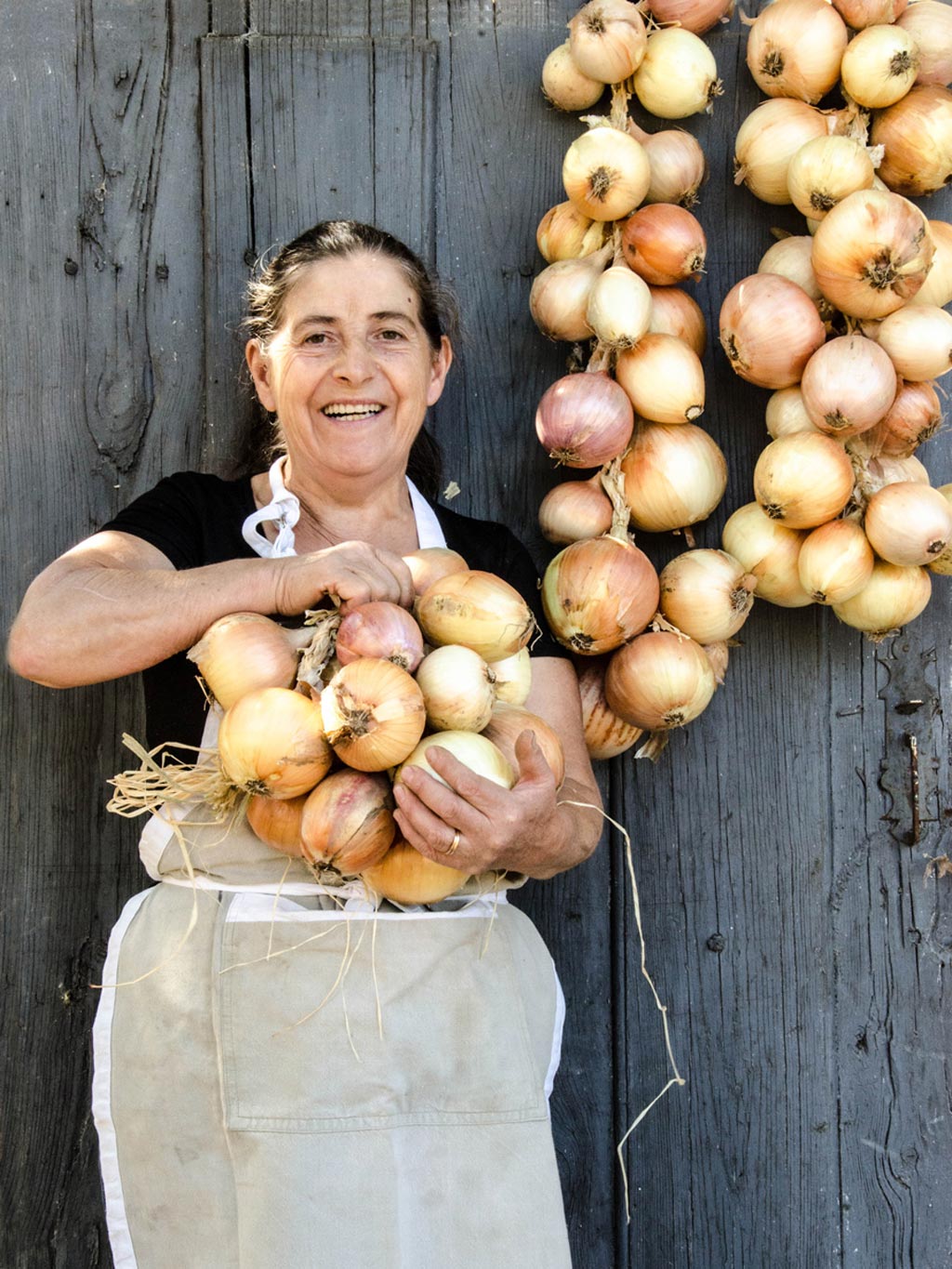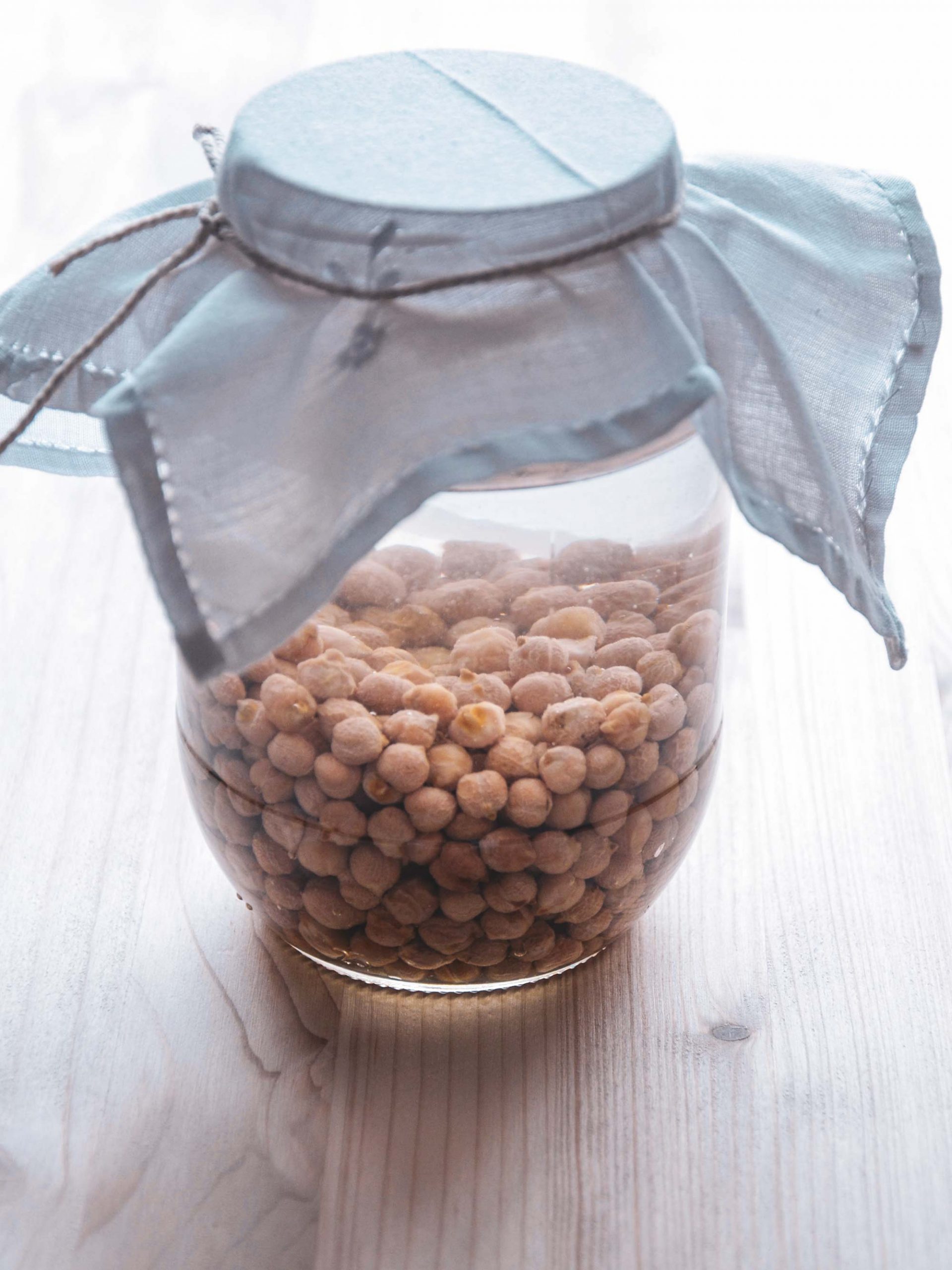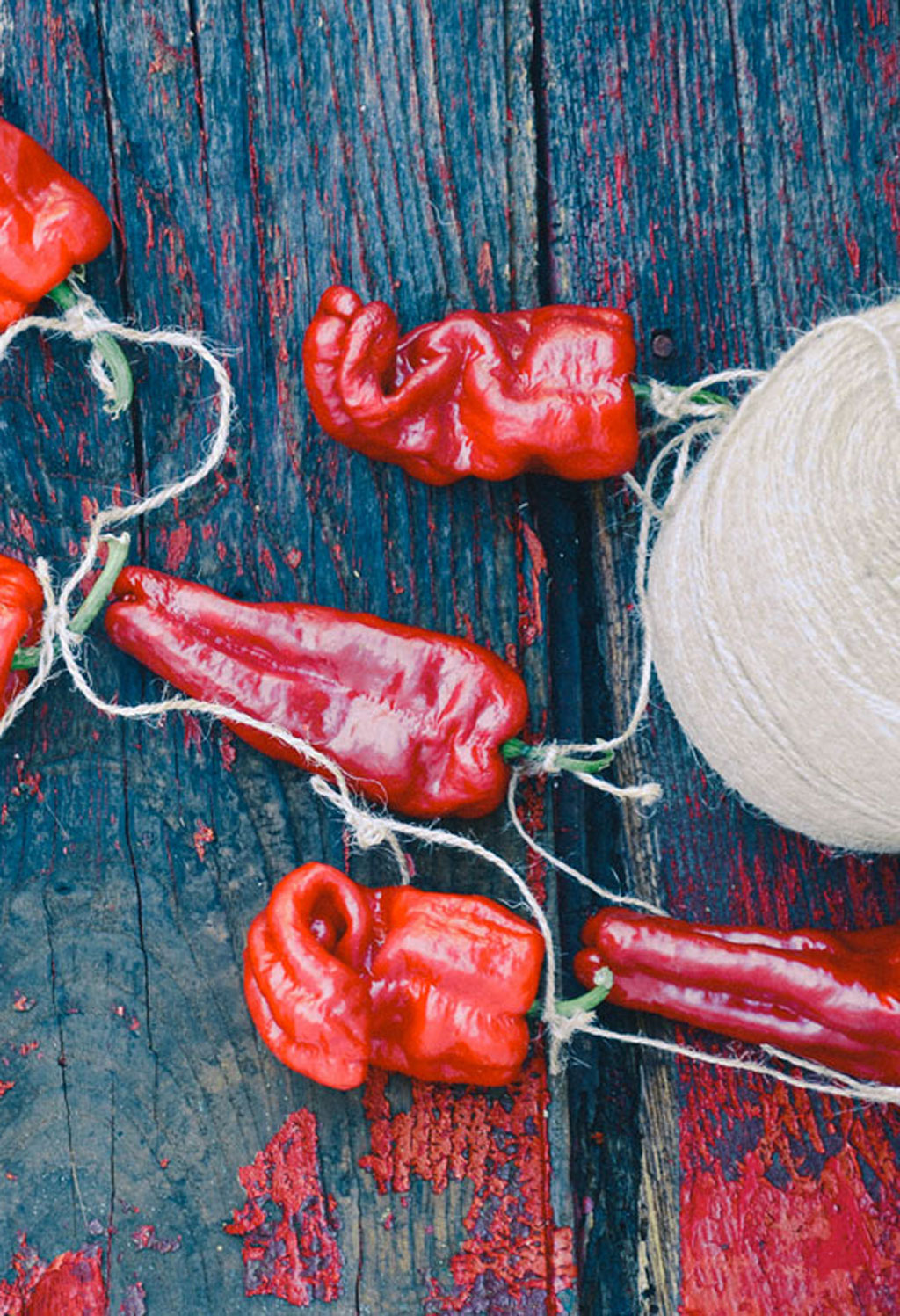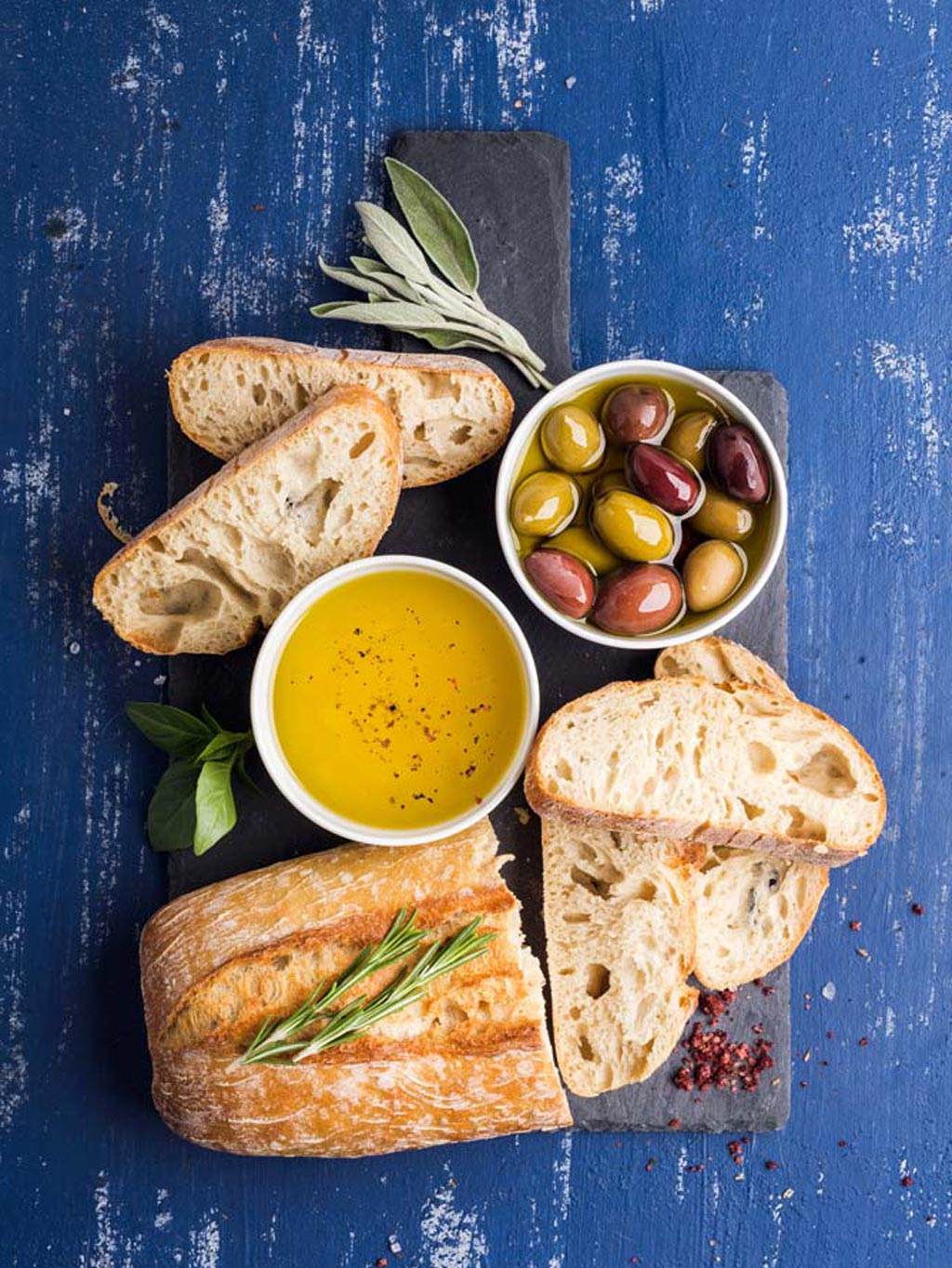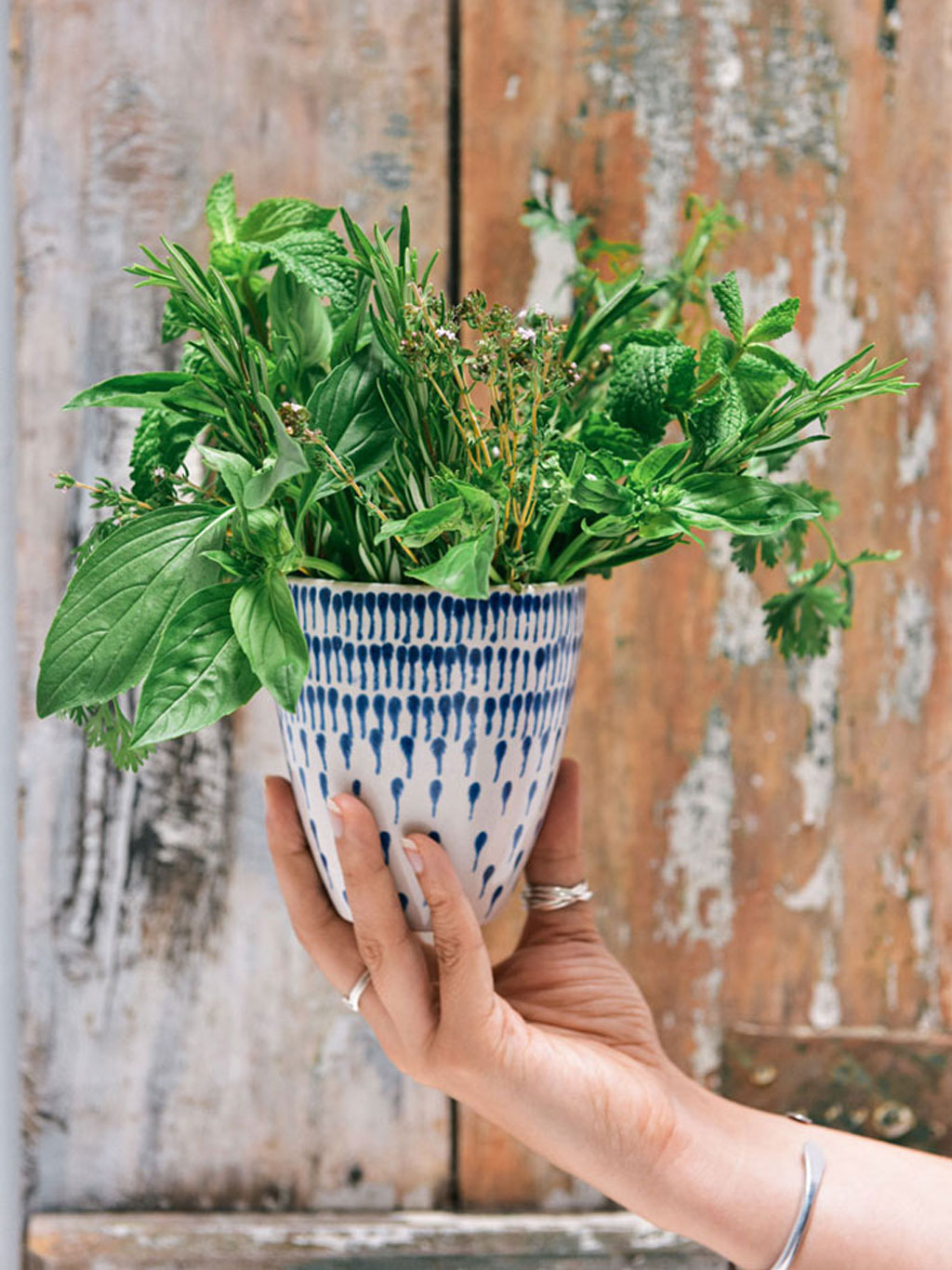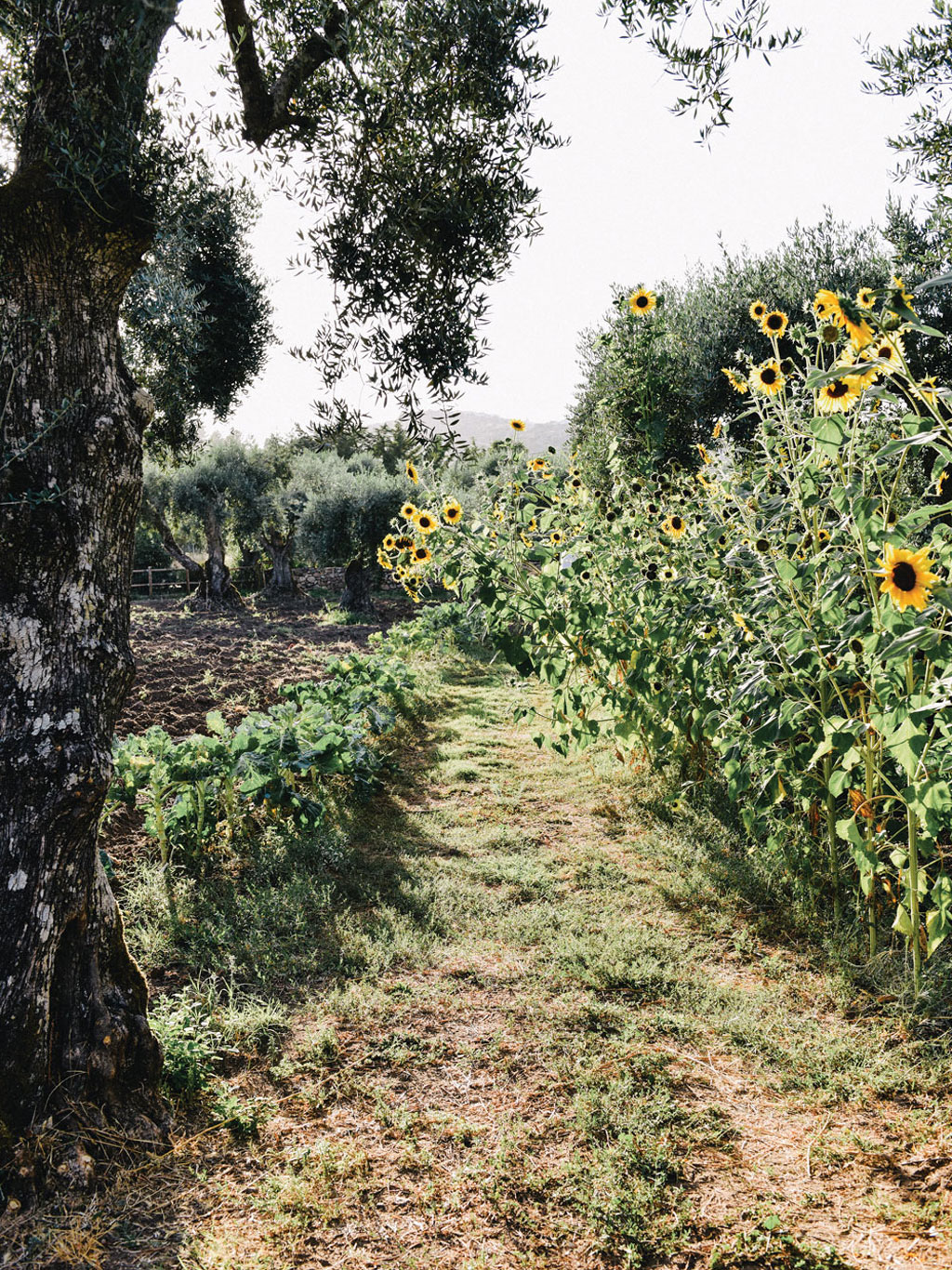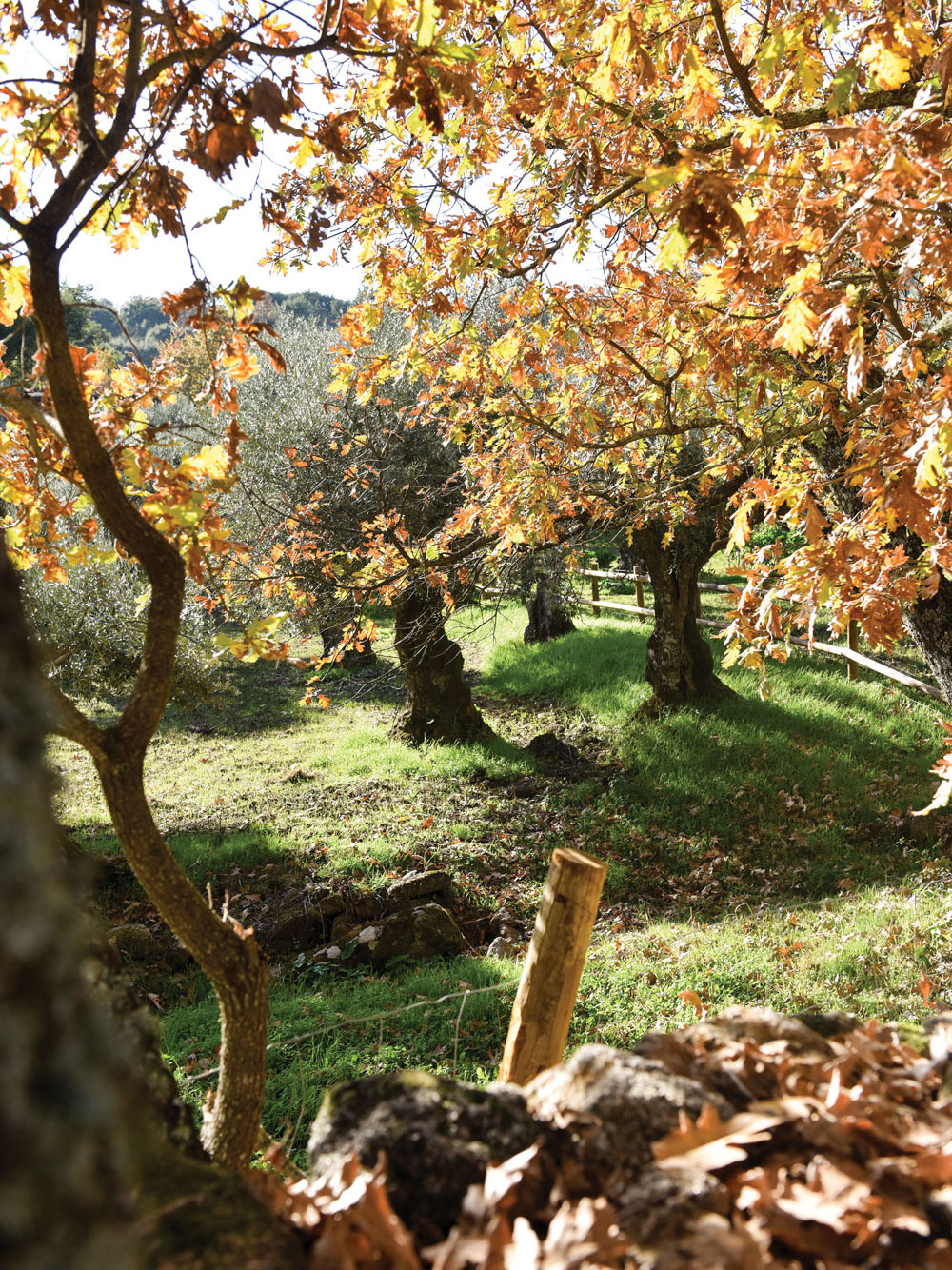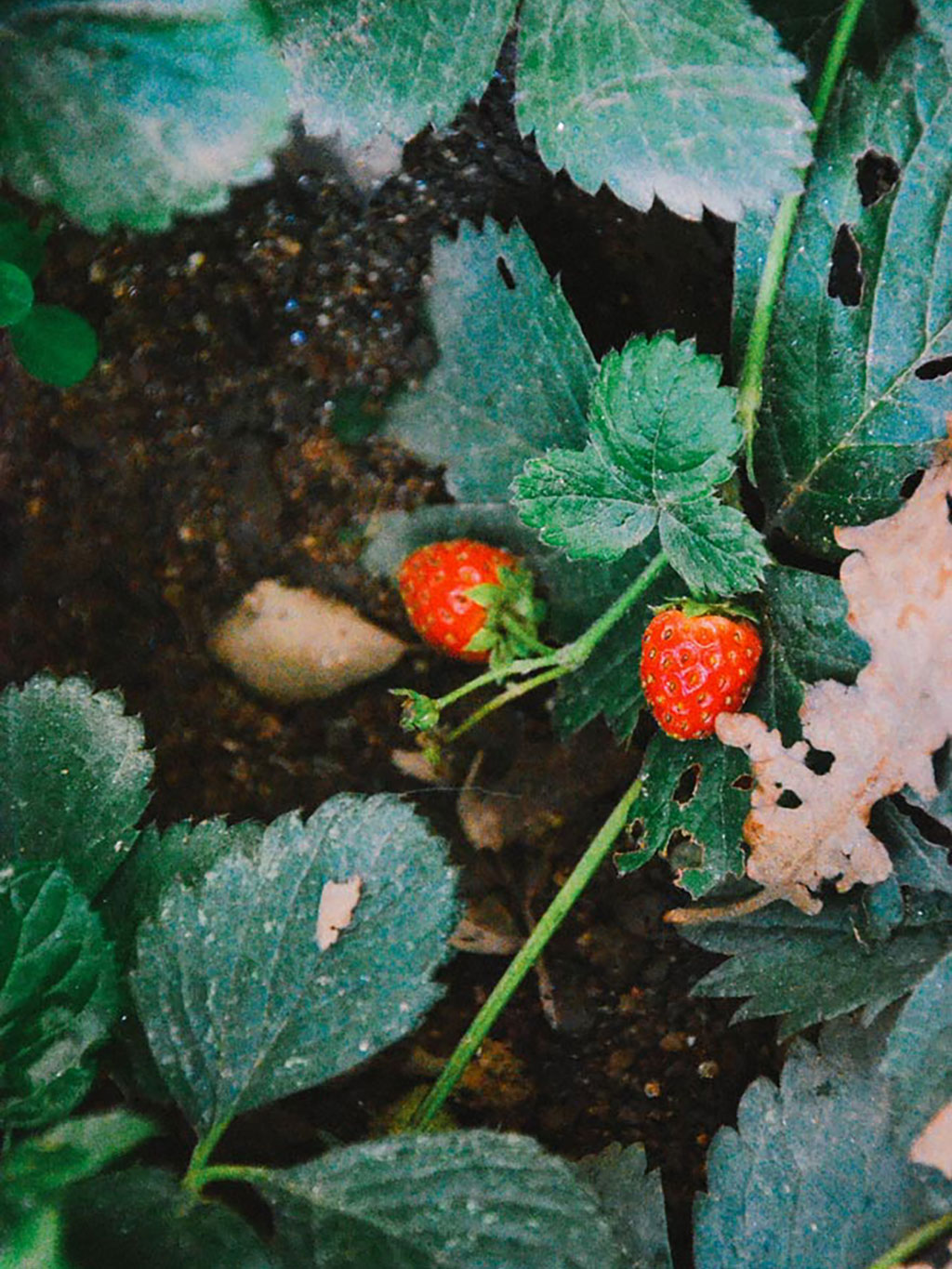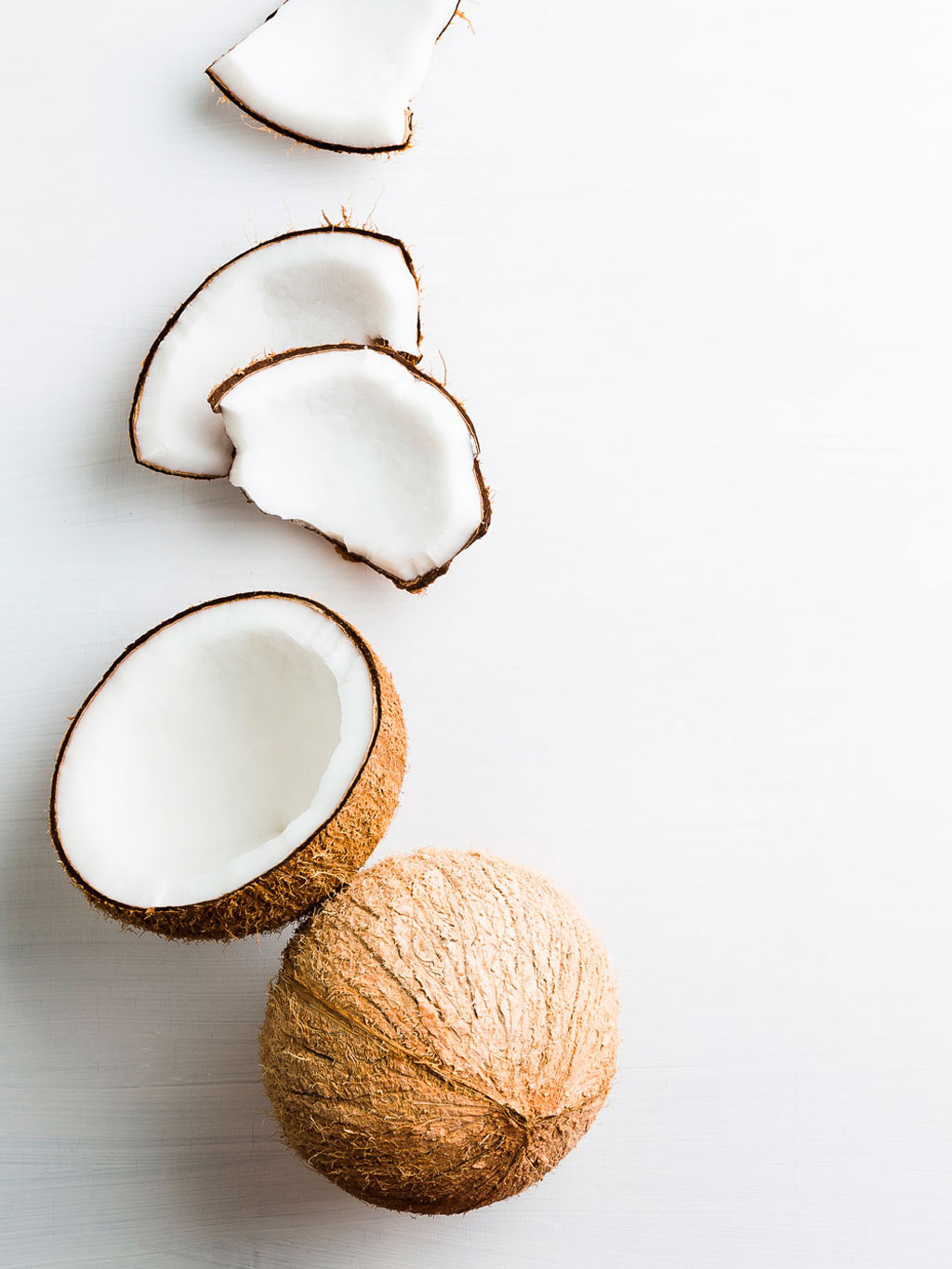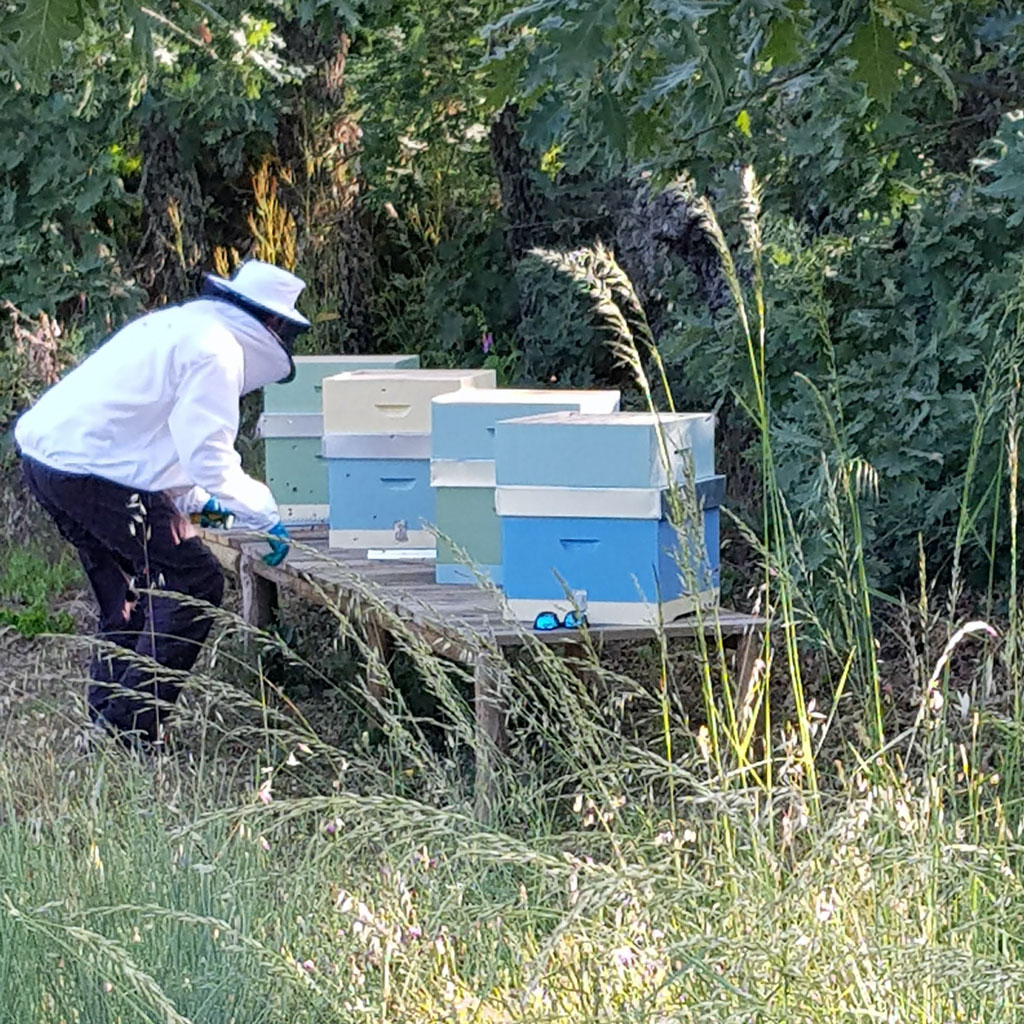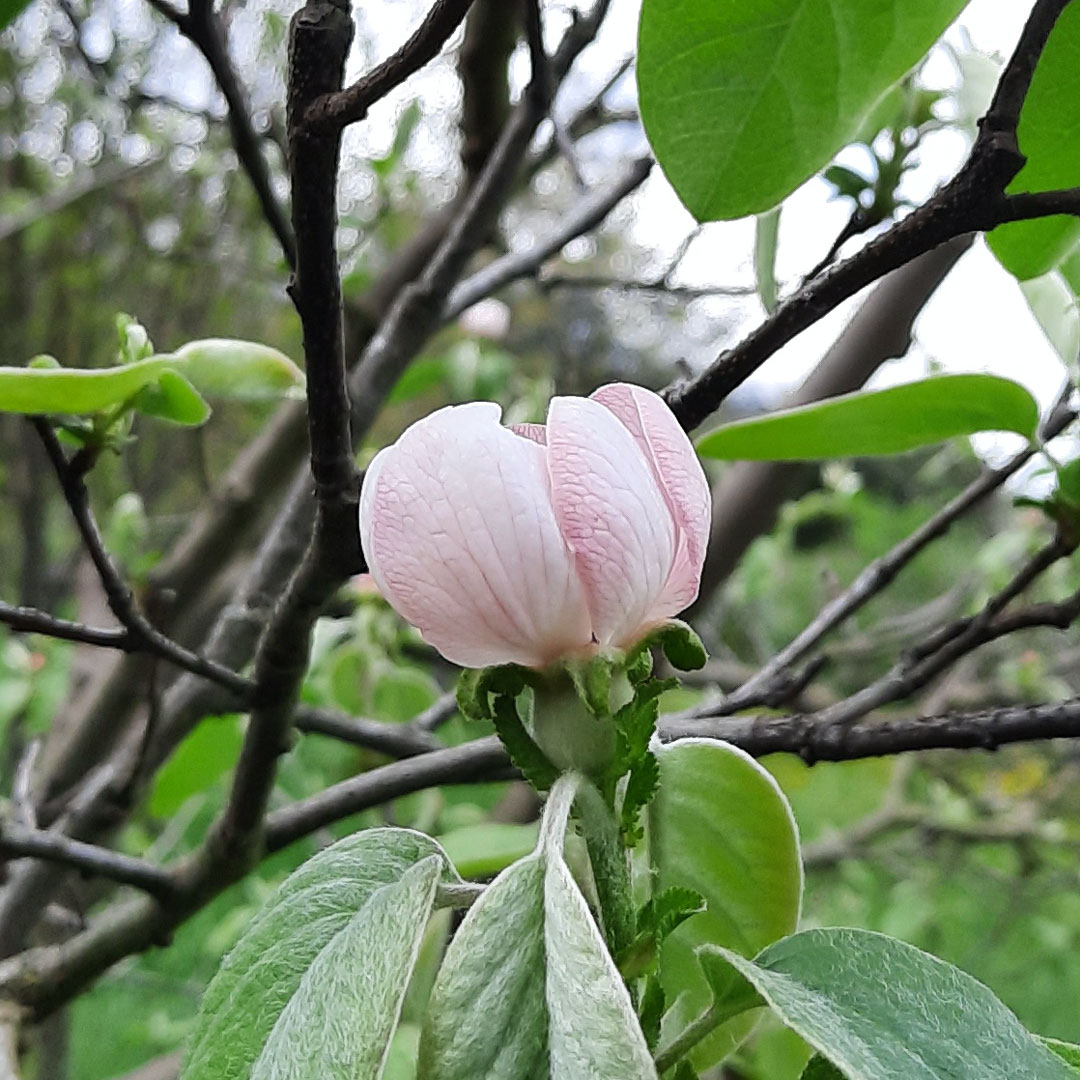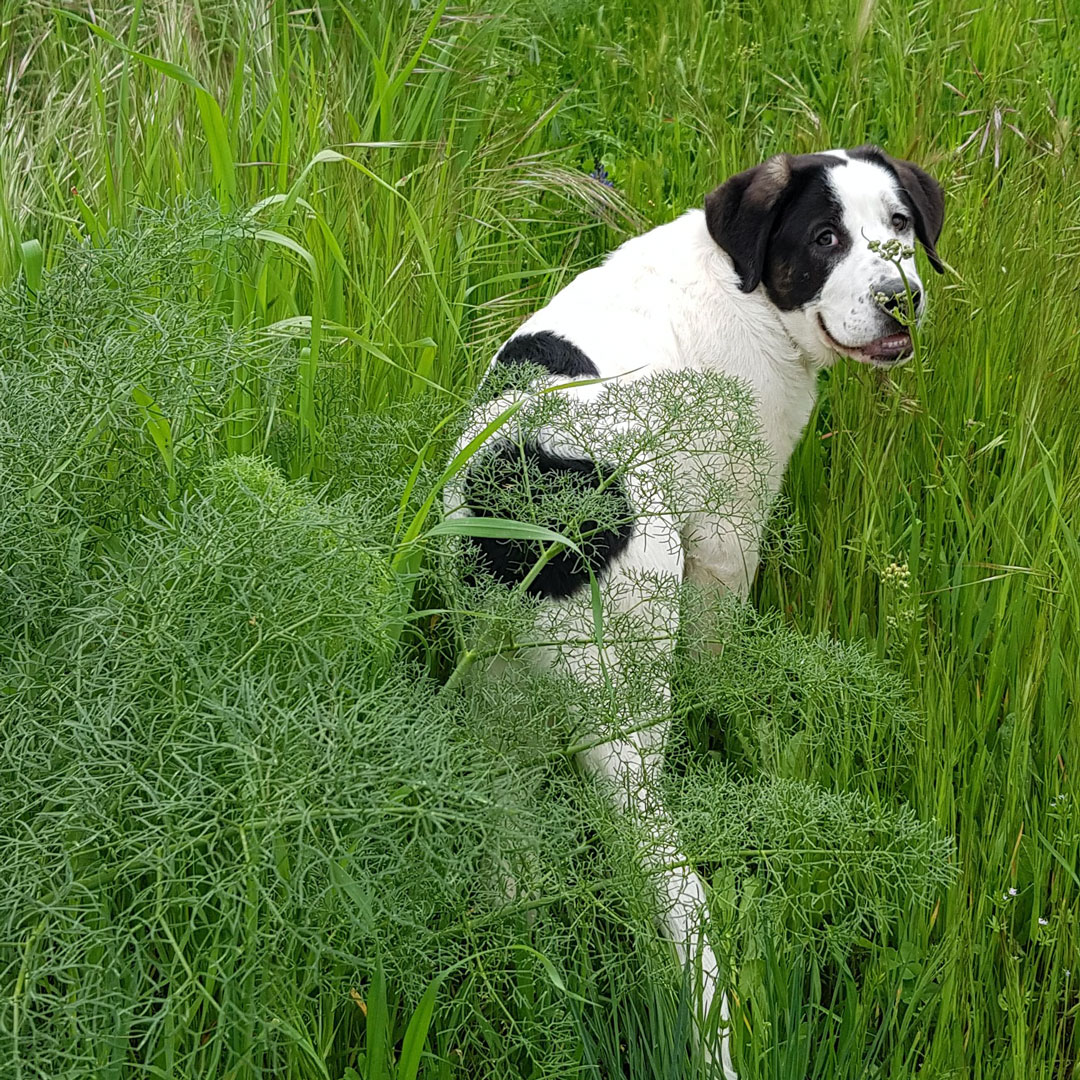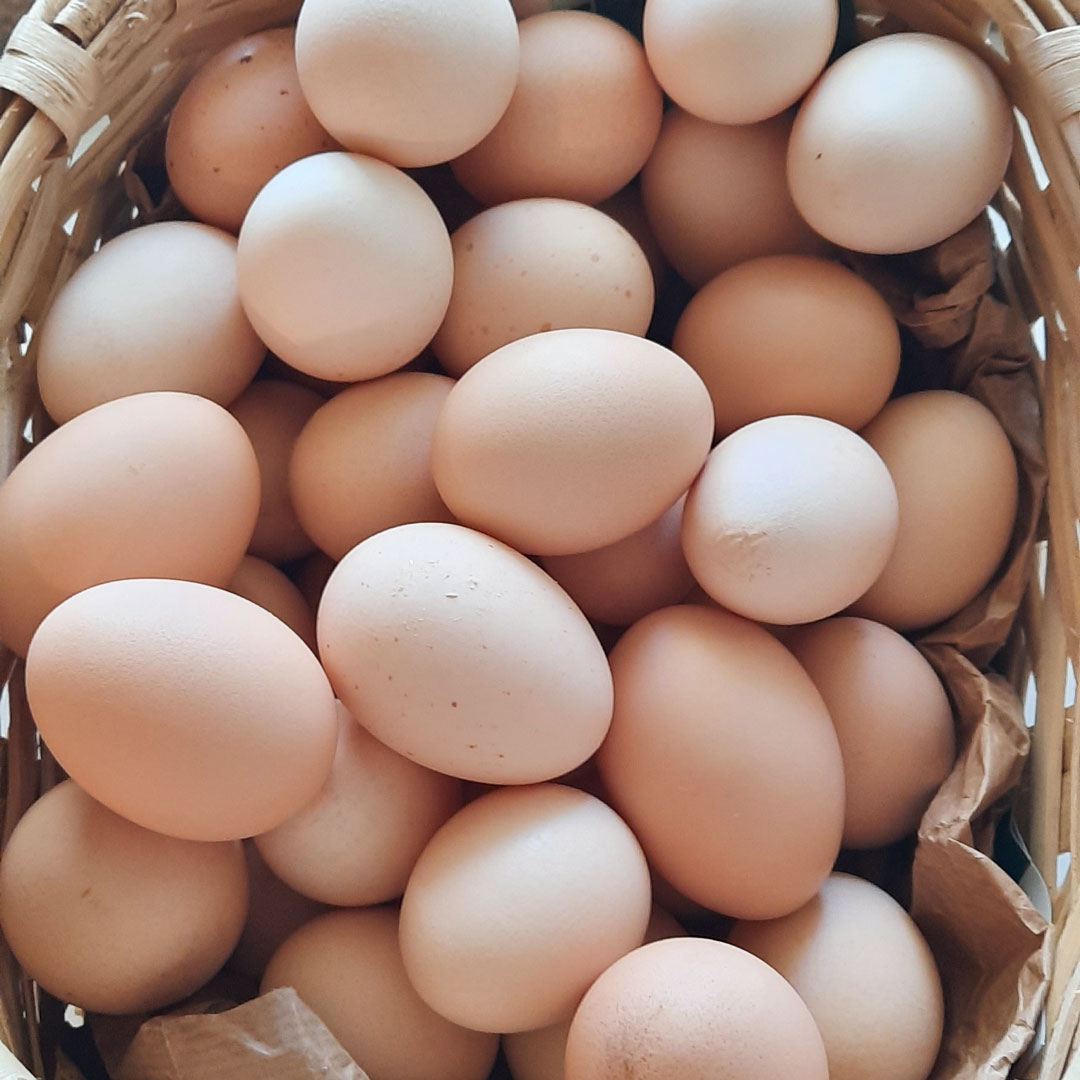In our last video, we left an implicit wake-up call related to intensive and super-intensive olive grove farming and the negative impact on both the environment and biodiversity. If you would like to learn more about the subject, the following newspaper articles and environmental associations will help you understand the direct environmental damage they are bringing about and the indirect damage they are causing us.
Francisco Moreira, from the Research Center for Biodiversity and Genetic Resources (CIBIO-InBIO), quotes (in The Expresso) “biodiversity is the basis of our food; we need nature to regulate pastures, waterways, for plant pollination, the air we breathe as well as the climate. Mosaic farming – making space for a biodiverse landscape side by side with farmed fields and using nature instead of chemicals, is the right way to go.”
Some articles
“Ambientalistas alertam que Alentejo está ameaçado pelo plantio intensivo de olival” in Publico
“Zero interroga-se no Dia Nacional da Água: Quantos anos de seca suporta Alqueva a regar 200 mil hectares” in Publico
“Como milhares de aves estão a morrer no Alentejo” in Expresso
“‘Estamos a devorar o nosso planeta’. Um aviso na abertura da Semana Verde Europeia” in Expresso
“Plantação de olival coloca em risco uma das mais antigas pontes romanas do país” in Sábado
“Olivais do Alentejo: o crime é cometido sem medos nem receios” in Navegantes de Ideias
“Mais de 1000 azinheiras arrancadas para criar olival superintensivo” in Wilder

